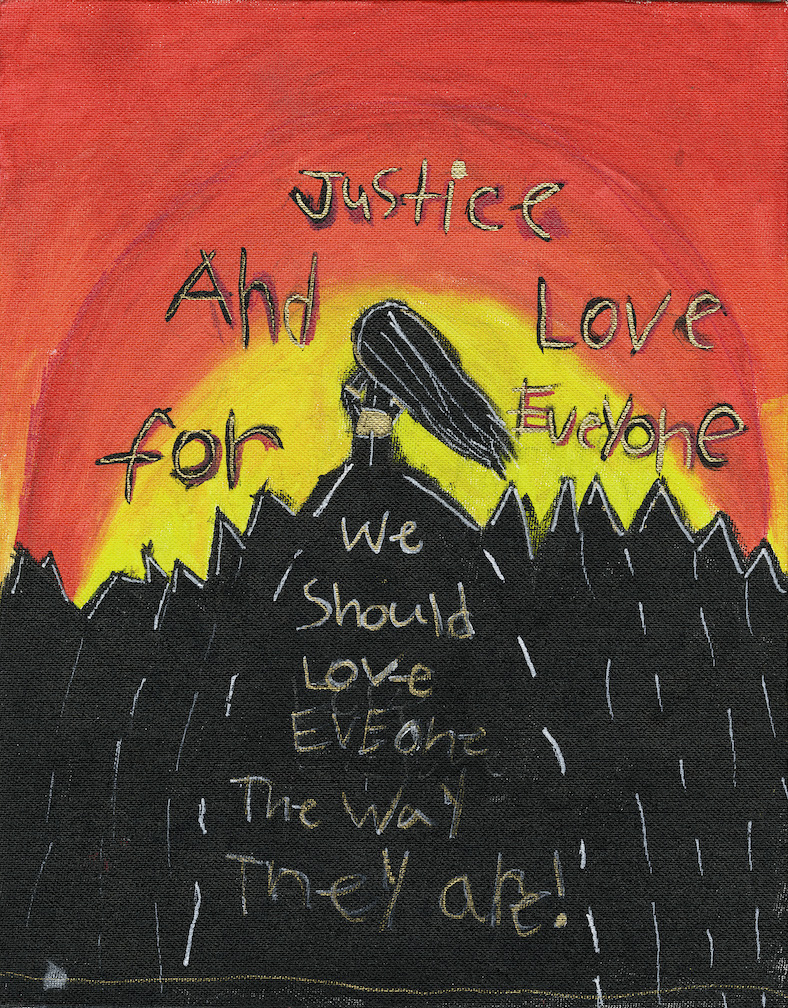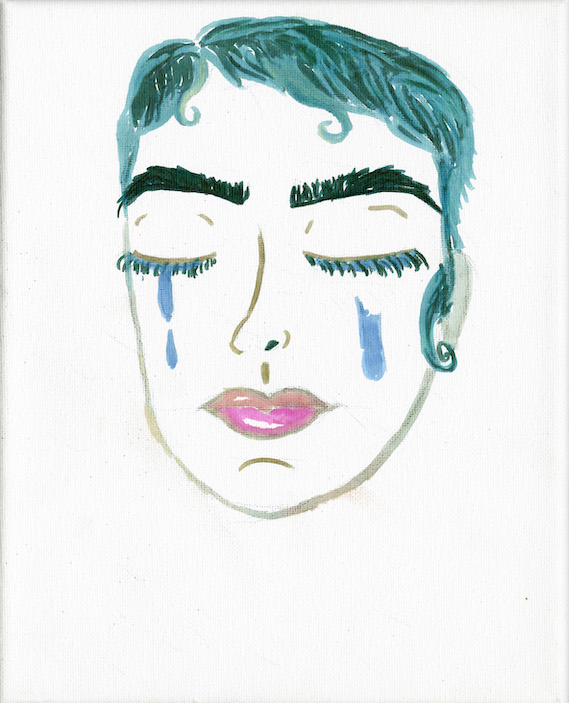WestCoast is releasing a new research study, Exploitation and Gender: Increasing the Visibility of Cismale, Transgender, and Gender Nonconforming Youth. There is a common misconception that sex trafficking and exploitation only impacts cisgender girls. However, cismale, transgender, and gender nonconforming youth also experience exploitation, yet remain unseen by providers.
Through focus groups with survivors and providers, we found that though indicators of trafficking are universal across gender identities, they are often overlooked or discounted for cismale, transgender, and gender nonconforming youth.
Based on our findings, we recommend the following:
- Incorporate gender inclusivity in trainings to combat myths about exploitation and gender.
- Highlight the exploitative nature of survival sex, which may be more common among cismale, transgender, and gender nonconforming youth.
- Implement universal screening to support identification of all vulnerable youth.
Our research also underscores the need to create welcoming, non judgemental, culturally relevant systems of care. Youth of all gender identities need safe environments where providers take their experiences seriously and can identify the signs of sexual exploitation.
We are grateful to our focus group participants and interviewees for sharing their time, expertise, and insight with us.
To support WestCoast’s clinical, training, and research work, please consider donating today.
Acknowledgements:
This report was possible through the expertise provided by more than 30 focus group participants and interviewees. We would like to thank them for being generous with their time and for their willingness to share their thoughts, insights, and experiences. We are also grateful to all of the individuals who generously provided input and reviewed this report.
Sincere thanks to our consultants who provided candid feedback and helped steer this report in the right direction:
Thank you to the staff at WestCoast Children’s Clinic who provided significant support to carry out this project: Morgan Bernados, Leilani Diaz, Hannah Haley, Eden Moore, and Nick Nguyen.












